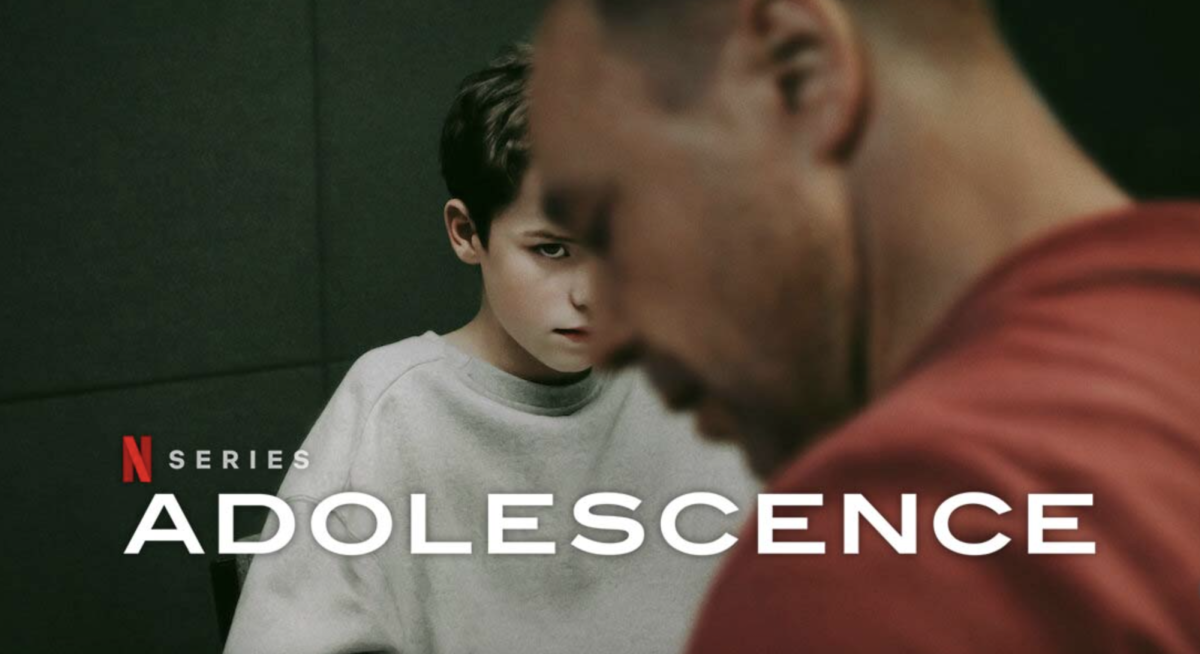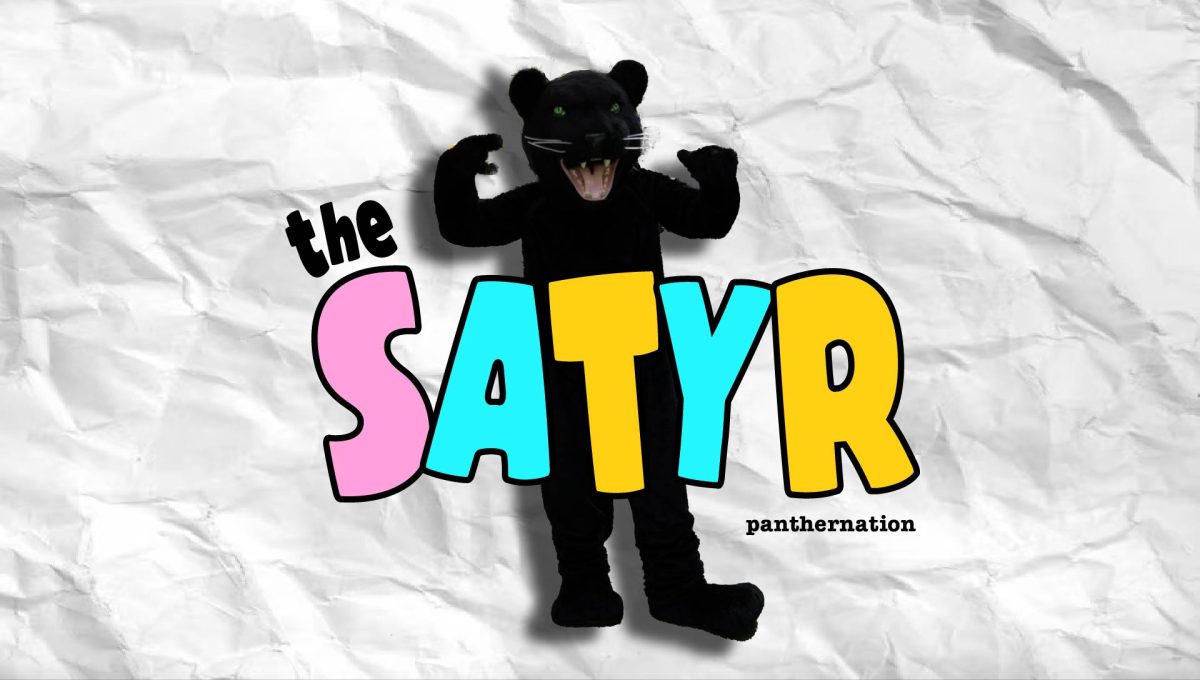Welcome to the ISB Ethicist, a new weekly column that ISB’s AP Language & Composition class produces. As part of their study of persuasive text types and argumentative writing — and inspired by The New York Times Ethicist column — the class solicited ethical dilemmas from the freshman class and then wrote responses. The project turned out so well that, between now and the end of the school year, PantherNation will be publishing the questions and answers.
“The biggest reason I wanted to do this is that so much of the work students do in high school is written for the teacher,” says AP Lang teacher Tiffany Kelley, who initiated the project. “This is written for an authentic audience and an authentic purpose and has the power to help students master not only the skills of the course but also to influence the outcome of a real situation. We have the opportunity to put our most experienced students in a position of mentorship.”
My friends sometimes call me dumb and take it too far. Should I tell them to stop, argue back, or suck it up?
 Response by senior Brady H.:
Response by senior Brady H.:
I don’t know if you chose this topic in order to complete the assignment your teacher gave you, or whether you felt courageous enough to confide in me. But honestly, this is a really deep topic and I’m committed to respond with a sensible and thought out approach. I know it’s rough to be teased. I want to say it happens to everyone, but at the same time it’s important for you not to belittle your own feelings. One hurt feeling remains a hurt feeling. Hence, it’s important to solve this. But even worse, I think it’s hard to see a friend, someone you can confide in and rely on for support, be the perpetrator in this situation. If your friends are calling you dumb to the point you feel it’s too far, you first need to address your friends with honesty and respect. If time goes on and they continue to disrespect your feelings, granted you’ve let them know and they’re aware, it’s then appropriate to confront them in a more argumentative manner.
Assert your feelings in an honest and respectful way, while establishing you don’t appreciate their teasing. Not long ago, I experienced this firsthand when a close friend began teasing me relentlessly about my friendship with a girl. What started as light jokes quickly turned into something much more harmful. He called me names, refused to hold civil conversation, and began to spread rumors suggesting there was something romantic between us. I knew he wasn’t being outright cruel, but the teasing felt too far and began to eat away at my emotional stability. Instead of bottling it up, I decided to talk to him. I explained how his words made me feel disrespected and uncomfortable. To his credit, he listened and said he understood. That honest step toward setting clear boundaries resurfaced the value of friendship, as he respected my vulnerability and stopped. I hit the ball back into his court, the conversation shifted the responsibility to him and put his friendship to the test, a test of trust and reliability. By asserting my feelings in an honest and respectful way, I set boundaries, which brought my friend’s teasing to a halt through mutual respect in friendship.
In the case your friends ignore your honesty, it’s then appropriate to escalate through confronting your friends in a more argumentative manner. At this point, you’ve asserted your feelings vulnerably and honestly, which you now know was not appreciated enough to bring about change in your friend’s behavior. Think of it now as if you have the mature, moral grounds to argue. One time I had a friend who’d always talk politics at the lunch table. He was opinionated and spoke with strong bias and conviction. He had passionate stances that were forced onto others at the table, arguing his stances were the objective truth and should be agreed upon by all.
In this situation, asking your friends to stop might not be enough. Their actions might just be a part of who they are. But the politics still remained on my nerves and brought the table to an awkward tension. So what do you do? You combat passion with passion. You take their fight back to them and debate them with their own tactics. While, yes, I took it up a notch by arguing, my friend was forced to understand how annoying a politically biased discussion could be and conceded that a lunch discussion should be apolitical with a balance of conversation. Arguing pushed him to recognize how his actions affected those around him and forcibly encouraged respectful dialogue.
But if it escalates to argument and they disrespect you, are they really good friends? At this point they’ve disregarded your honest opinion. They haven’t reciprocated mutual respect and support, attributes at the core of a strong friendship. If they’re not willing to take your opinion into account, it might suggest something about how much they value your friendship and potentially raise questions about your own handling of the friendship. In a friendship where you aren’t valued, you should look towards prioritizing your own stability and self respect.
You might have noticed I haven’t addressed your proposed solution to “suck it up.” That’s because after four years of high school, I can confidently say sucking it up doesn’t provide you with a lasting solution to something that’s bothering you. If you suck it up, you’re keeping your feelings bottled up. They never go away, they just linger and you continue to take on your friend’s insults while allowing it to degrade you internally day by day — a battle that you fight alone without accountability being shared by the people who are hurting you. You might sit alone at night, pondering what you did wrong and weigh the variety of solutions that could work to appease yourself. But at the end of the day, your reflection doesn’t change their treatment nor does it change your friendship.
It’s important to reflect on your friendship. I hope my advice at least brings some clarity to your self reflection. These experiences have changed me and contributed to the way I handle situations such as yours. Be mature, know what you can and can’t control, and never lose sight of your self-worth.





